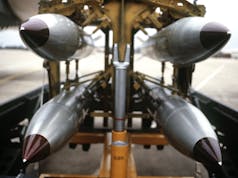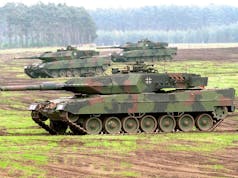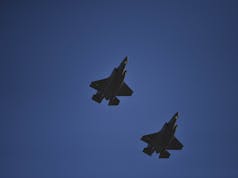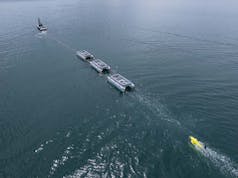The NATO Electronic Warfare Advisory Committee (NEWAC) convened its 107th Plenary meeting at the NATO Headquarters in Brussels.
Although present since World War I and in every conflict since, including in Iraq, Afghanistan and Syria, and more recently in the crisis in Ukraine, Electronic Warfare (EW) has evolved constantly and remains a challenge for the Alliance. The technologies developed are rapidly evolving and the Alliance’s capabilities must follow, say the organisation.
According to the Alliance:
“Over the last 70 years, NATO has understood the importance of Electronic Warfare (EW) which is the military action that exploits electromagnetic energy to provide situational awareness and achieve offensive and defensive effects. At the same time, it can be used to deny adversaries the ability to either disrupt or use the Electromagnetic Spectrum (EMS).
From attacks on radars systems, jamming of communications and navigation systems to electronic masking, probing, reconnaissance, and intelligence gathering, EW can be applied in the air, sea, land and space. Therefore, it is vital that NATO remains ready and able to counter any adversary’s use of EW.”
Within NATO, this effort is led by the NEWAC which is responsible for overseeing the development of NATO’s EW policy, doctrine, and command and control concepts as well as monitoring EW support to NATO operations.
For its 107th Plenary, the NEWAC met to discuss the NATO EMS Strategy, the recognition of EW as a training discipline and the improvement of the NATO EW Policy and concept for future EW.
Speaking about the EMS Strategy, Colonel Kabasakal emphasized how important this strategy is for NATO:
“The need for military forces to have unimpeded access to and use of the electromagnetic environment is essential to the success of most military operations. It will also determine the efficiency of our counter-measures in the Electronic Warfare domain and our ability to protect our capabilities and troops.”
He added that implementing this strategy will require able, trained and experienced personnel and it is therefore crucial to recognize EW as a training discipline.












